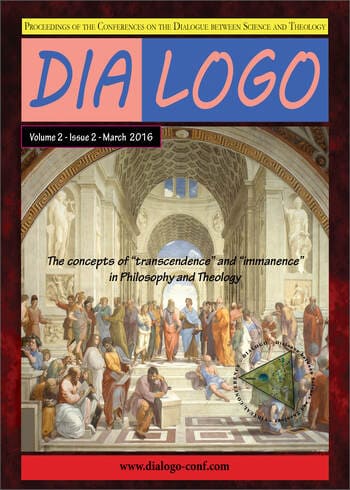God’s immanency in Abraham’s response to revelation: from providence to omnipresence
God’s immanency in Abraham’s response to revelation: from providence to omnipresence
Author(s): Tudor Cosmin CiocanSubject(s): Christian Theology and Religion, Philosophy, Jewish studies, History of Church(es), Theology and Religion, History of Judaism, Philosophy of Religion, Biblical studies
Published by: Dialogo Publishing House SRL
Keywords: differentness;gratefulness;deism;immanence;indwelling;revelation;faithfulness;worship;idols;the guardian spirit;Mesopotamia;land binding;Promised Land;omnipresence;cradle of life;
Summary/Abstract: My assertion is that God’s biblical image may not reflect entirely His existence in itself as well as His revealed image. Even if God in Himself is both transcendent and immanent at the same time, and He is revealing accordingly in the history of humankind, still the image of God constructed in the writings of the Old Testament is merely the perspective made upon God by His followers to whom the He has revealed. That could be the reason why for centuries God’s biblical image seems to emphasize more His immanence, starting with Pentateuch, where God cohabites with Adam on Earth, then He reveals Himself to Abraham and Moses and so on. Somewhere, after the Babylonian exile, the image suffers slightly differences tilting towards God’s transcendence. In a path already created and grounded by Israel’s ancestors, even this new color of transcendence bears the nuances of immanence. How can this be possible? Let’s take a look on the revelation received by Abraham from God and see how this can fit the profile. Instead of the transcendence of God regarded by others in the differentness of Yahweh appointed by Abraham in his walking out of Mesopotamia, I will prove otherwise, that Abraham is on the contrary proving God’s immanency in this very differentness of His in relation with other gods by providence and omnipresence, indwelling His creation.
Journal: Dialogo
- Issue Year: 2/2016
- Issue No: 2
- Page Range: 174-182
- Page Count: 9
- Language: English

